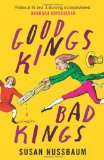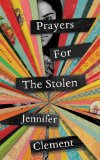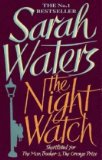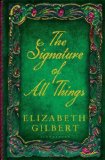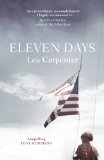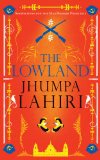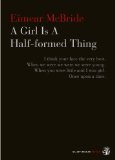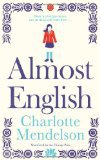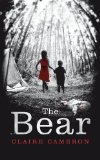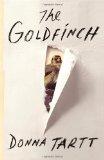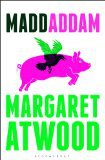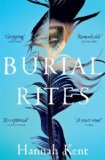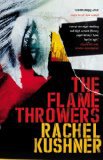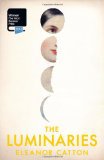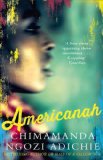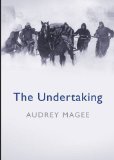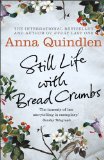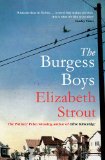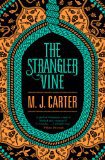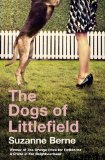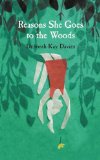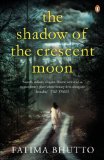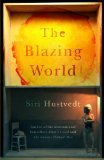I started writing reviews for these two books and realised I was saying the same things about both of them. In order to avoid repitition I’ve combined them into one post. They are very different in terms of style, but I hope when you reach the end of this post you’ll understand why I’ve paired them together.
Things that were different:
Good Kings, Bad Kings by Susan Nussbaum
Winner of 2012 Bellwether Prize for Socially Engaged Fiction
Five words from the blurb: institution, residents, juveniles, disabilities, mistreatment
Good Kings, Bad Kings is set in an institution for children with disabilities. Children and staff at the centre take turns to narrate each chapter, revealing the truth about life within its walls.
No one works at nursing home unless they’re scraping the underneath of the bottom of the barrel. The kid thing makes it easier though. People think there’s nothing more horrifying and depressing than a disabled child, but even when kids are all messed up and spazzed out and needy as hell there’s still a ton of good energy coming off them. They’re so funny and surprising and they are who they are.
The number of narrators was a slight issue for me as I found myself thrown into a new perspective just as I’d bonded with the person from the previous chapter. This fragmented approach meant it often felt more like a series of short stories than a novel and so I wasn’t as emotionally invested as I’d have liked.
Prayers for the Stolen by Jennifer Clement
Five words from the blurb: Mexico, girls, kidnapping, mother, protect
Prayers for the Stolen is set in Mexico and shows the life of girls who fear being kidnapped by violent drug gangs. The girls deliberately make themselves ugly in an effort to be less appealing to the men who patrol the area in their big SUVs:
Now we make you ugly, my mother said. She whistled. Her mouth so close she sprayed my neck with her whistle-spit. I could smell beer. In the mirror I watched her move the piece of charcoal across my face. It’s a nasty life, she whispered.
The book also gave an insight into the life of a community without men. The male members of the family had gone to America in order to make money, leaving the women to do everything by themselves. The large cast of characters meant I didn’t have a strong connection to any individual, but it was a vivid portrait of a whole society surviving in a harsh landscape.
Things that were the same:
- Both books informed the reader about terrible events that are happening in the world and I’m pleased that I’m now more aware of these situations.
- Both books had a good quality of writing. It was often direct, giving graphic information about the horrors the characters had to endure, but the darkness was never over-bearing.
- The atmosphere and individual voice of the narrators was impressive and this led to a fantastic sense of place.
- The only problem was that both books failed to maintain a forward momentum throughout. They had compelling sections, but also areas where I lost interest.
Overall
Both books highlighted important issues that deserve greater attention. The pacing and plot wasn’t perfect, but it is probably worth forgiving these issues in order to learn about these hidden societies.
.

Have you read either of these books?
What did you think of them?
